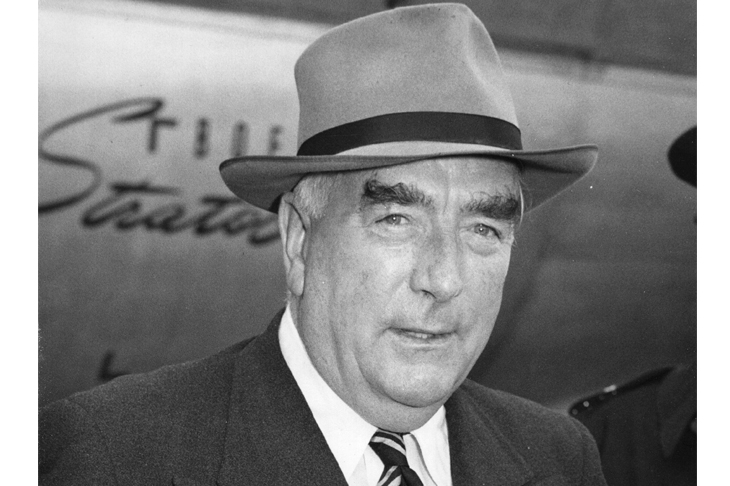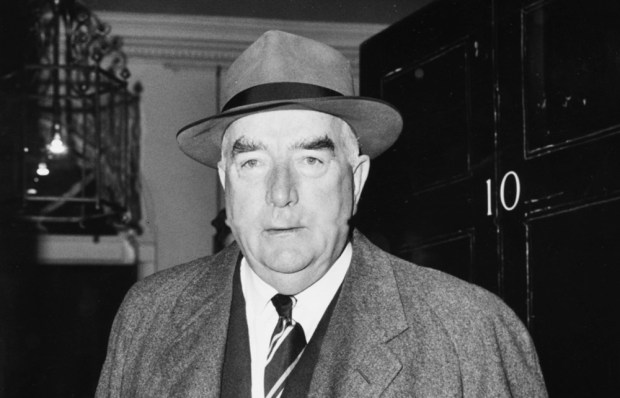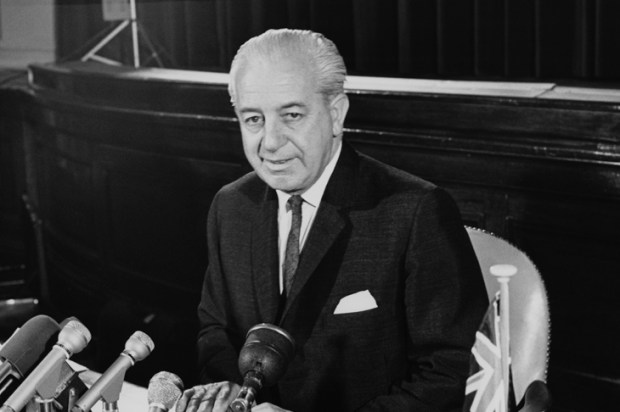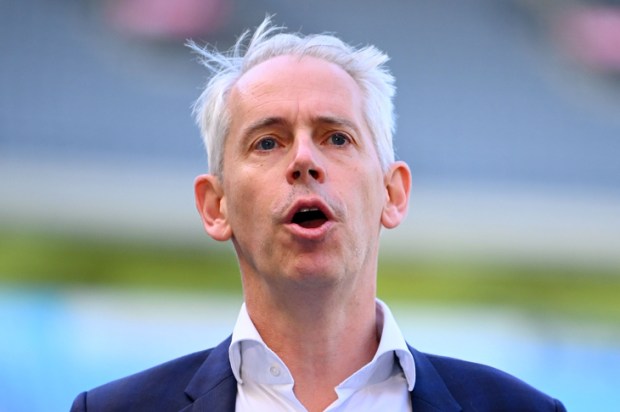The appalling behaviour of the banks and insurance companies, exposed in testimony to the banking Royal Commission, is nothing new.
Prime Minister Turnbull, Treasurer Morrison and Minister Kelly O’Dwyer should have known what was going on.
Perhaps they were distracted by their own neo-socialist plans in the finance area. This was to target not only actual self-funded retirees but every Australian who aims not to become a government dependent. The result is that they have not only alienated a vast part of their base, they showed Labor how they could also steal from the same people.
For years now reliable news reports have revealed that the banks were foreclosing on farmers who had never missed a payment —not one payment —on their mortgages. The banks claimed they had defaulted. The reason was the drought. Apart from the terrible impact of the drought on feeding their animals and thus on their incomes, the value of their properties had fallen.
The banks were of course well aware that the value would rise again once the rains came back, which, despite the incantations of the global warmists, always happens. Australian children once understood this because they knew and could recite the immortal words of Dorothea Mackellar, that their beloved sunburnt country is ‘a land … of droughts and flooding rains’. But that was before the cultural Marxists, with their global warming and gender fluidity dogmas, took over education while federal and state politicians were bickering as to who was in charge, with the inevitable result that neither was.
A fall in the ratio of the mortgage to the value of the farm because of drought was always a technical default, something which no one ever thought should be legislated against. This was because there was a time when the bank manager was an honourable and respected member of the local community. If he tried to sell up a farmer in these circumstances, he’d be either horsewhipped up and down the main street, or at least, sent to Coventry.
But in recent years, the banks have done precisely that. They foreclosed on farmers in drought, waiting until the rains came back so that they, or the viper they’d sold the farm to for a song, could make an indecent and totally unearned profit. Meanwhile, the farmers and their families, the salt of the earth, were ruined. Many took their own lives, with bank executives having their blood on their hands. Meanwhile, Turnbull, Morrison and O’Dwyer did, sorry ‘knew’ nothing.
For years, Alan Jones, the great defender of the farmer, assembled so many of these tragic heart-rending stories in a file so large he would tell listeners they wouldn’t be able to jump over it.
Turnbull, Morrison, O’Dwyer and other politicians ignored his calls for action, saying we have such a sound financial sector we must not destabilise it and, in any event, ASIC had all the necessary powers to deal with any problem. (Strange then, that they have just announced increased penalties.)
So these three, with the parliamentary automatons who blindly follow their line, voted 23 times to block a Royal Commission. When a small group of backbenchers considered crossing the floor, they were threatened with a drought of federal grants into their electorates. If this is not a criminal offence, it should be.
This appalling scandal demonstrates yet again how wise the founder of the Liberal Party was. Although Sir Robert Menzies had fought Labor’s attempt to nationalise the banks, he understood that leaving the Commonwealth Bank, even when it was relieved of its role as the reserve bank, as a people’s bank was important. Menzies was no privatisation ideologue, as the Turnbull government pretends to be. (But only over the Liddell power station. Their stance comes from the sole fact that Tony Abbott points out that without Liddell, our electricity supply will become more unreliable and more expensive.
Consequently, as a last resort, Liddell should be purchased or even compulsorily acquired by the government.)
Menzies was above all a pragmatic conservative in the Burkean tradition.He realised that the great advantage of having both public and mutually-owned corporations among the banking and insurance oligopolies was that they forced competition away from fighting pointlessly over brand differentiation. Instead, the public and mutual companies brought competition down to two matters of crucial public importance, price and the quality of service.
This continued for decades in Australia until wasteful governments sold off the people’s banks and carpetbaggers moved on the mutual insurance companies where the policyholders were the owners. This turned the people’s banks and the mutual companies into run-of-the-mill profit-making corporations like every other oligopolist in the narrow financial sector.
The longer term corollary has been that too many executives, embarrassed by the unbelievable rivers of gold they have rewarded themselves, have compensated by engaging in virtue-signalling. This has invariably been about fashionable causes, such as constitutional recognition, same-sex marriage, gender fluidity, #MeToo and so on. This has sometimes even extended to making support compulsory and dissent heretical. In any event, competition in the finance area has moved away from pricing and the quality of service to something of absolutely no public benefit, the advertising industry’s dream, product differentiation with the inevitable excesses revealed in evidence to the Royal Commission.
Menzies also recognised that it was just as unwise to sell off monopolies, such as existing airports, which were performing a public service. Once power stations and the grid were also considered public services. Menzies would have seen no ideological barrier to buying or compulsorily acquiring Liddell from AGL which a foolish government just about gave away.
Howard at least privatised to pay off debt, unlike Keating who did it to waste the accumulated people’s wealth by spending the proceeds in the same year including increasing the number of dependents on government. It was just as reckless as selling your house and spending the proceeds on high living in just one year. The banking Royal Commission demonstrates how right the Burkean pragmatist Menzies was. Australia needs a leader in that same tradition.
Got something to add? Join the discussion and comment below.
Get 10 issues for just $10
Subscribe to The Spectator Australia today for the next 10 magazine issues, plus full online access, for just $10.
You might disagree with half of it, but you’ll enjoy reading all of it. Try your first month for free, then just $2 a week for the remainder of your first year.














Comments
Don't miss out
Join the conversation with other Spectator Australia readers. Subscribe to leave a comment.
SUBSCRIBEAlready a subscriber? Log in